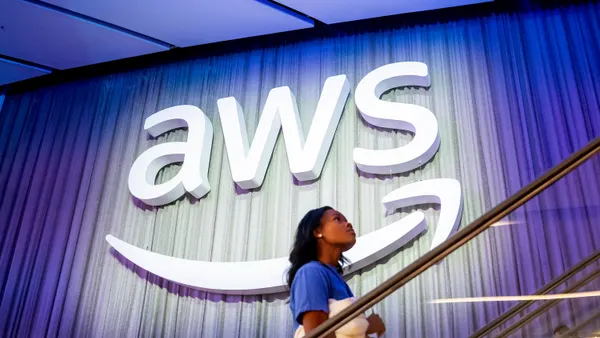Dive Brief:
- Even the employees behind communication platform pioneer, Slack, have a hard time staying focused on the job and remedy distractions with a "polite raccoon," according to Cal Henderson, CTO and co-founder of Slack, reports TechCrunch. Employees use the word "raccoon" to point out when a discussion should take place in a different channel for overall efficiency, according to company communication guidelines.
- The idea of the raccoon blossomed after Slack's leadership wanted a friendly way of maintaining company culture without stalling productivity. Tools like "do not disturb" still exist, and the company is working on ML capabilities to "better separate between work and outside work," said Henderson.
- Despite the growing popularity of workplace communication platforms, 95% of companies use email as the main form of communication, according to HR Dive. However, 11% of employees find social media platforms are more compelling than email for engaging "outside audiences."
Dive Insight:
The purpose of communication platforms in the workplace was partially to unite employees through a social tool commonly used in their personal lives. However, with instant messaging it is not unheard of for employees to lose their focus.
For Slack, using social platforms in the workplace is meant for collaboration and inspiring a unique company culture. But the gifs and emojis that come with these platforms sometimes take professional conversations off track.
But productivity woes are not entirely due to communication platforms. Email, the dominant form of company communication, still "gets in the way of primary job functions." Employees say less than half of their time is dedicated to performing their expected duties while the rest of their time goes toward answering emails or "non-essential activities."
Some employers may not use a polite raccoon and instead implement surveillance solutions to keep their employees on track. About 80% of organizations say they monitor their employees' actions through email, internet and phone records, and nearly one-fourth of employers have fired employees for the misuse of content and company time.













